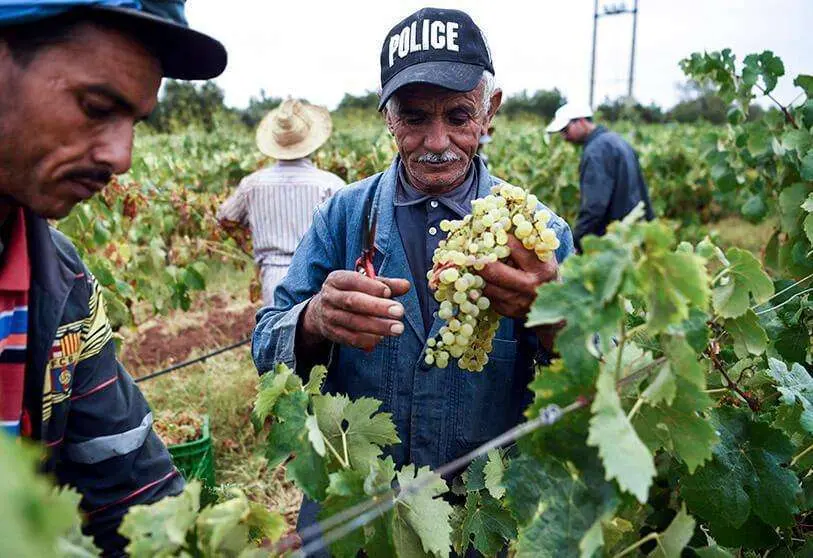Marruecos: el reto de la obsesión alimentaria y sus implicaciones para el modelo agrícola

There is pressure for agricultural policy reform in Morocco to guarantee domestic production of staple foods and minimise dependence on imports. The aim is to ensure food security and protect local farmers, who face threats such as droughts, floods and other extreme weather effects. The initiative is expected to reduce food prices, improve access and contribute to greater prosperity for Moroccans.
The first quarter of this year saw a much higher inflation rate than the previous year, reaching 9.4 %, according to the High Planning Commission. This was mainly due to the increase in food prices by 18.2 % during the same period. This higher rate of inflation resulted in higher living costs for most people. Moreover, this month of Ramadan has been affected by price increases that have provoked a negative reaction among Moroccan citizens. This has led a coalition of left-wing parties and trade unions to organise protest demonstrations in several cities to demand that Aziz Akhannouch's government take urgent measures to protect consumers' purchasing power. These demonstrations have caused concern among some sectors of Moroccan society, but the size of the demonstrations remains limited.

The High Commissioner for Planning, Ahmed Halimi, and the Minister of Agriculture, Mohamed Siddiqui, both criticised increases in food prices due to climatic fluctuations. Halimi considered that the agricultural sector must change its production system to achieve food sovereignty, while Siddiqui claimed that the increases were due to external and cyclical factors, such as meteorological problems.
The Moroccan minister praised the successful implementation of the "Green Morocco" plan, which has doubled the Gross Domestic Product of the agricultural sector since 2008, from 63 billion dirhams to 125 billion dirhams (from 6 to 12 billion dollars). This has been possible thanks to the enormous financial resources invested by the state, amounting to more than 11 billion dollars during the period 2008-2018, of which 40 % was financed by the state and 60 % by private investment.
The drought has affected Moroccan agriculture, affecting the supply of staple foods and increasing the prices of agricultural inputs such as seeds, energy and imported fertilisers. This has caused consumers' purchasing power to decline. Morocco's Green Plan allowed for 50-100% self-sufficiency, depending on production chains, but the country remains dependent on international markets for the prices of staples such as wheat.

Agricultural researcher Abdul Rahim Hindof claims that the use of seeds suited to the local climate would improve farmers' grain yields, increasing them from 20 to 30-40 quintals per hectare. However, the state is mainly interested in large exporting farmers, so there is a big lag in this field. Hindof believes that this is due to the lack of agricultural guidance and modern technologies for medium and small farmers. The Fruit and Vegetable Producers Association has called on Prime Minister Aziz Akhannouch to reform the marketing system to eliminate the multiple middlemen who "earn 3 to 4 times the value of the produce". They also called for a suspension of the decision to export tomatoes to ensure supply to the local market.
The economic crisis that Morocco is facing is putting Aziz Akhannouch's government under great pressure. Rising fuel prices as a result of the Russia-Ukraine war have led to 6.6% inflation in the country. The High Commissioner for Planning believes that the situation will continue until the necessary reforms are made to improve productivity and marketing. The Akhannouch government is working to find short and long-term solutions to alleviate the impact of the economic crisis.
The report issued by the World Bank on the impact of supply shocks in Morocco highlights that the country is experiencing the effects of a series of both domestic and imported shocks. To counter the impact of these shocks, the Central Bank has raised the main interest rate to 3% to control prices, at odds with the government's guidance, which is trying to revive economic growth to 4%. The report concluded that the increased interest rate may slow the economic recovery, however, Morocco is expected to achieve sustainable growth in the long term.








